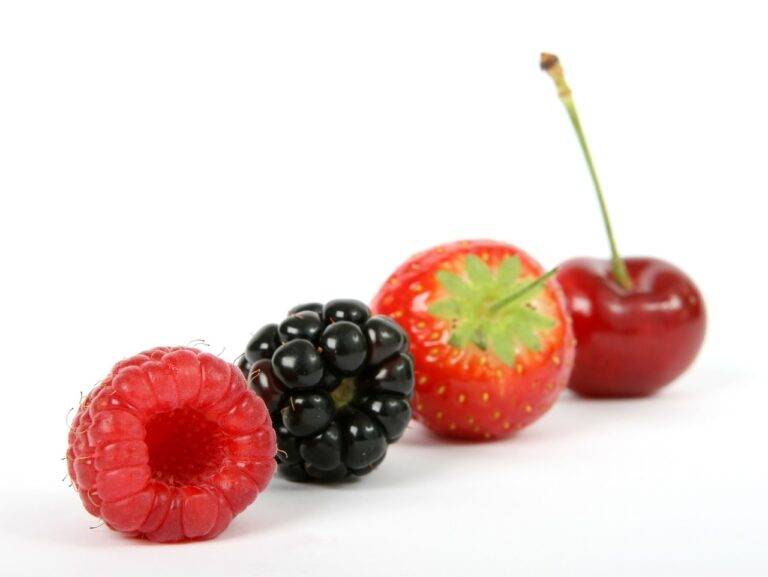Creating a Sustainable Backyard
Creating a sustainable backyard is not just a trend, but a crucial aspect of responsible living. Making conscious choices in your gardening practices can positively impact both the environment and your community. By implementing sustainable techniques such as composting, water conservation, and native plant cultivation, you are contributing to the health of your local ecosystem.
Sustainability in your backyard matters because it fosters biodiversity, reduces chemical pollution, and promotes overall environmental health. By choosing organic fertilizers and avoiding harmful pesticides, you are creating a safe and healthy space for wildlife to thrive. Your backyard can be a sanctuary for birds, insects, and other creatures, supporting a balanced and resilient ecosystem.
Understanding the Impact of Traditional Gardening Practices
Traditional gardening practices have been passed down through generations, shaping the way we interact with our environment. However, many of these practices can have unintended consequences on the ecosystem. For example, the use of chemical fertilizers and pesticides can disrupt the natural balance of the soil, harming beneficial organisms and potentially leaching into water sources.
Additionally, traditional gardening often involves excessive tilling of the soil, which can lead to erosion and loss of soil fertility over time. This disruption of the soil structure can also release carbon into the atmosphere, contributing to climate change. By understanding the impact of these traditional gardening practices, we can make more informed choices to minimize harm to the environment and promote sustainable gardening methods.
Why is sustainability in your backyard important?
Sustainability in your backyard is important because it helps to reduce your environmental impact, conserve resources, and promote healthier ecosystems.
How can traditional gardening practices impact the environment?
Traditional gardening practices can impact the environment through the use of chemical pesticides and fertilizers, which can harm wildlife and pollute water sources.
What are some sustainable gardening practices that can be implemented?
Some sustainable gardening practices that can be implemented include composting, using natural pest control methods, conserving water, and planting native species.
How can I make my backyard more sustainable?
You can make your backyard more sustainable by reducing your use of chemical products, planting native plants, creating wildlife habitats, and conserving water.
What are the benefits of implementing sustainable gardening practices?
The benefits of implementing sustainable gardening practices include reducing your environmental impact, creating a healthier ecosystem, and promoting biodiversity in your backyard.





